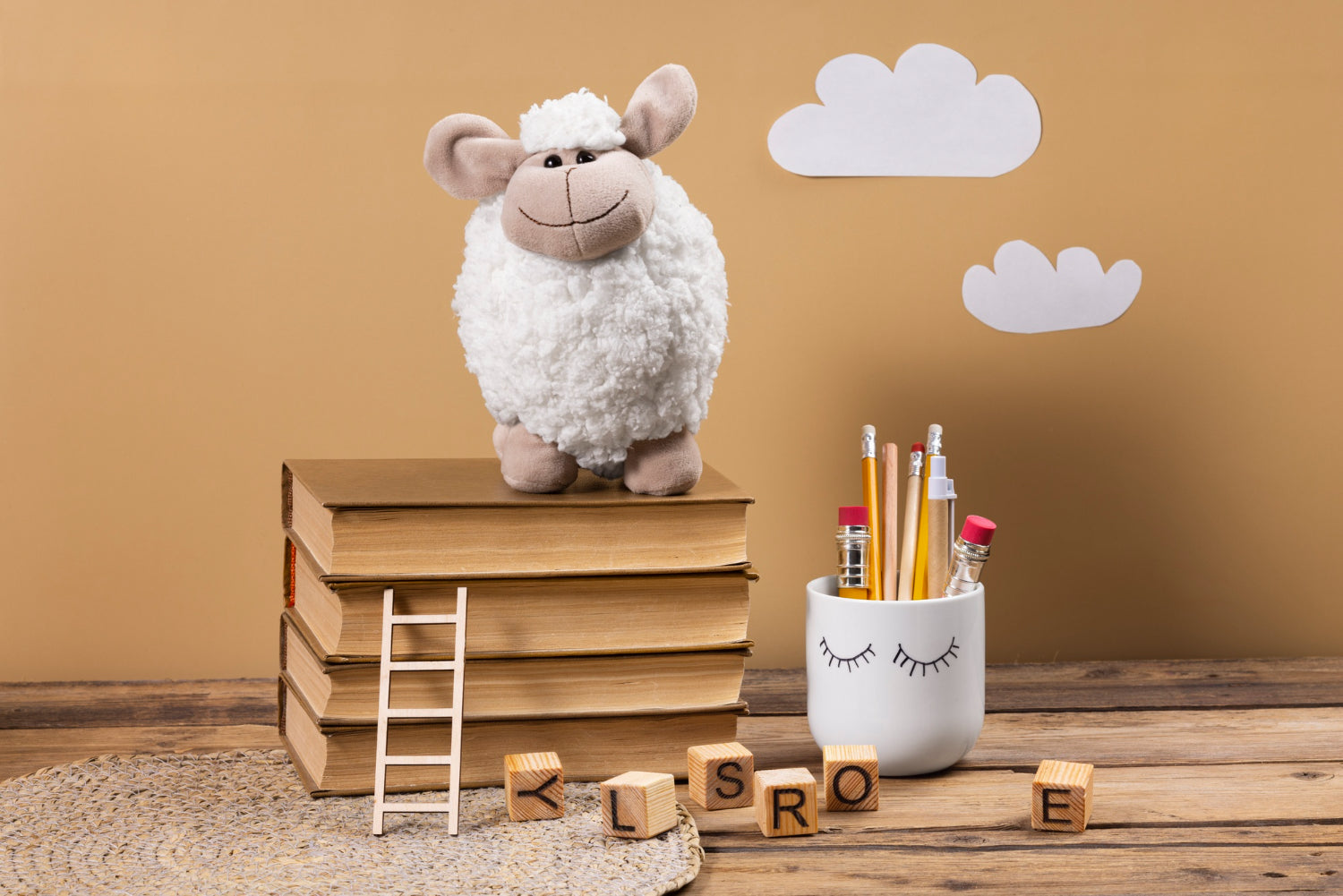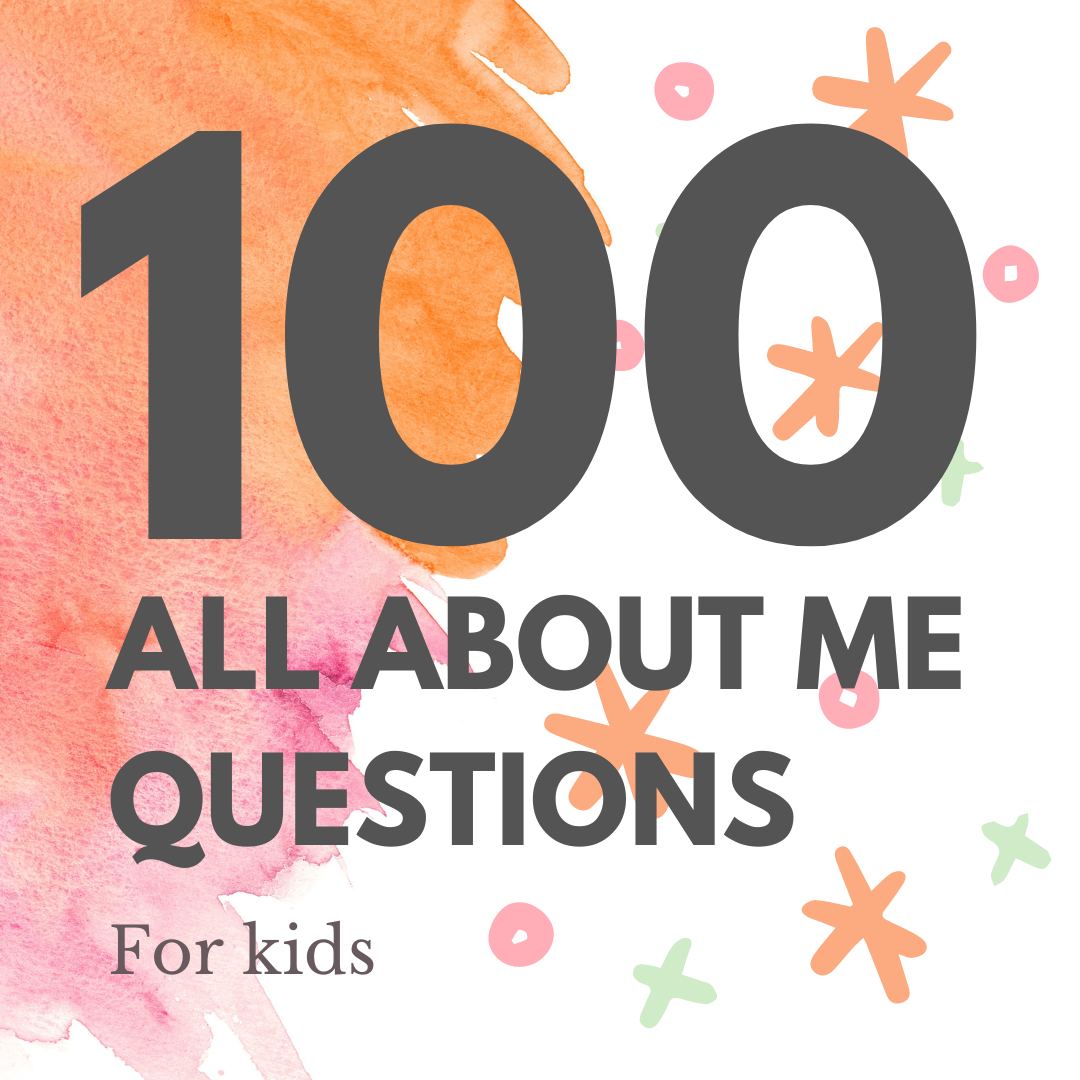Maria Montessori, the first female physician in Italy, pioneered a revolutionary method of education in the early 1900s based on scientific observations of children’s learning processes during critical developmental stages. Her work revealed that kids construct themselves through purposeful movement and interaction with structured environments suiting their unique psychological needs and sensitive periods for acquiring specific skills.
Montessori philosophy centers around principles of respect, independence, peace and collective community supporting the whole child across academic, social and emotional domains. This nearly 5,000-word guide will provide context around core tenets of Montessori philosophy and how they translate into impactful classroom practice.
Key Montessori Principles
Several keystone ideas underpin the Montessori approach:
Respect for the Child Montessori classrooms regard each child as a capable individual full of innate curiosity, self-direction and desire to learn. Given properly prepared environments, children independently choose activities matching their skills, interests and developmental needs without reliance on a teacher’s direction or external rewards driving motivation. Classmates across multi-age groupings teach and assist each other.
Emphasis on Independence
Children complete practical life exercises like pouring water, buttoning shirts or wiping tables which cultivate essential life skills like coordination, concentration and responsibility. Teachers thoughtfully structure classroom spaces allowing students the freedom to select activities, learn at their own pace and experience natural consequences from choices to increasingly self-regulate behavior.
Focus on Peace Education
Grace, courtesy, conflict resolution and global cultural awareness get woven throughout Montessori learning to educate the whole child. Teachers model peaceful communication and problem solving while encouraging self and community advocacy. Curriculum highlights heroic historical peacemakers who courageously challenged unjust societal structures.
Hands-on Materials Environment
Concrete sequential materials supporting developmental skills reside openly on low classroom shelves allowing student self-access as interest emerges without needing adult permission. Hundreds of hands-on learning tools advance across areas like practical life, sensorial, language, math and cultural studies tailored to skill level.
Mixed Age Classroom Groupings
Montessori environments intentionally blend age groups spanning 3 years allowing younger students to learn from older peers modeling skills while older students reinforce mastery through tutoring less experienced classmates. Younger kids preview advanced lessons while elders test nascent leadership skills.
Carefully Prepared Environments
Teachers meticulously design classrooms around core developmental areas stocking shelves with materials suiting children’s sensitive learning periods across domains like order, movement, language or abstraction. Walls lack clutter that overstimulate. Rooms feel peaceful, harmonious and at service to enriching lives.
The Absorbent Mind & Sensitive Periods
Montessori identified key windows within formative childhood years when neurons activate making specific skill acquisition optimal. Kids 0-6 have “absorbent minds” effortlessly, even unconsciously, picking up environmental details while displaying heightened sensitive periods to refine abilities like order, movement, communication, sensory processing or social graces. Teachers align instruction to leverage these fleeting golden learning moments.
Montessori Teacher Role
Montessori educators undergo intensive training becoming experts at assessing student readiness, introducing engaging hands-on materials and guiding self-correcting lessons that scaffold across skill areas. But their primary role involves carefully preparing environments to facilitate children following innate passion for learning at their own pace. Teachers exhibit infinite patience allowing young minds to reveal the wonderfully unpredictable ways understanding unfolds through uninterrupted discovery.
Core Classroom Areas Supporting Development
Several classroom zones host specialized materials targeting essential childhood developmental domains:
Practical Life Area
Practical life materials cultivate foundational capacities like independence, coordination and concentration through real world activities like washing cloths, transferring liquids, polishing shoes or sweeping dust. Mastering practical life skills en route to adulthood begins around age two. Young children beam with pride putting newly acquired abilities into practice.
Sensorial Area
Hundreds of manipulatives educating the senses introduce concepts like size, shape, color, texture, weight, temperature, sound and smell through hands-on investigation. Interactive toys like pink tower blocks, red rod gradients or fabric matching games help process sensory information to understand similarities, differences and sequencing across physical properties going beyond surface features detectable by eyes alone.
Language Area
Beautifully illustrated picture cards, object matching games and metal insets with flowing fabric letters facilitate vocabulary building, phonetic awareness, penmanship and composition skills moving from concrete to abstract language representation. Tactile sandpaper letterboards make letter tracing kinesthetic before transitioning into pen and pencil writing using tablet paper lined horizontally, vertically and without lines at all.
Math Area
Math progresses from concrete manipulation of bead chains, spindle boxes and golden bead materials embodying quantities or demonstrating operations toward abstraction using cards, charts and symbols. Direct purposeful math experiences supplement unintentional integrated lessons that organically emerge during daily life routines.
Cultural Area
Puzzles, pictures, objects and storybooks spur lessons about global geography, historical timelines, biology, music , art and peace leaders. Culture tables rotate diverse artifacts children use to imagine living across distant lands. The use of Montessori Bookshelves is also highly significant in the cultural domain. Guest speakers, foods or immersive set designs transport kids experientially to appreciate world cultures.
The Child’s Work Cycle
Dr. Montessori characterized children’s activity within thoughtfully designed classrooms as “work” given the tremendous focus and determination applied to mastering developmentally appropriate lessons. When classroom areas cater to a child’s interests and skill level, they display deep concentration, pride and satisfaction which fuels motivation to progress across learning domains through self-directed effort.
Children traverse a repetitive work cycle when engaging with classroom materials identified by teachers as matching the child's learning edge:
Choice - Child surveys classroom space and selects work activity matching interests/skills Preparation - Child thoughtfully gathers needed materials and transports to workspace Work – Child interacts with materials following demonstrated procedures toward completing goal
Return - Child carefully restores workspace, materials and environment back to baseline
Processing – Child discusses work product, challenges and lessons learned with teacher
Teachers continuously observe students across this work cycle to identify optimal times for new material introduction, assess skill mastery toward progression and support positive learning dispositions like focus, appropriate pacing, precision and task completion. Well prepared Montessori environments facilitate endless active learning cycles across years.
Outcomes from Montessori Education
When implemented thoroughly, research documents consistent positive outcomes from Montessori education across academic and developmental domains including:
Academic Achievement – Studies show Montessori students outperform non-Montessori peers on assessments of reading, math, science and social studies. Enriched exposure to concrete learning materials pays academic dividends.
Executive Functioning – Montessori kids demonstrate better cognitive flexibility, working memory and inhibitory control suggested by tests of attention, planning and impulse control compared to students in conventional early education programs.
Creativity & Innovation - The hands-on self-directed learning model cultivates skills rated essential for navigating today’s rapidly evolving workplace like creativity, calculated risk assessment and persuasive communication required of entrepreneurs or leaders initiating change.
Confidence & Resilience - Multi-age classrooms with 3-year age spans nurture leadership development. Younger kids gain confidence following competent older role models while elders gain speaking skills conveying complex concepts to novice learners. Both groups gain self-assurance.
Social Responsibility – Mixed age groupings encourage peer teaching, collaboration, compromise and conflict resolution since students must share resources and help classmates across varying ability levels. These regular social interactions foster empathy and responsibility.
normalized around the globe across both public and private settings from Italy to India to elite American prep schools. Centuries later, core Montessori principles continue empowering new generations of children toward unfolding their highest human promise.
The role and significance of Montessori beds within the Montessori philosophy
Montessori floor beds prove foundational within prepared home environments extending her educational philosophy into family living spaces. Low to the ground mattresses allow the youngest infants rolling freedom to navigate off the bed at will, fostering emerging independence typically discouraged by confining crib bars. Transitioning toddlers access floor beds freely to self-soothe during night wakings without needing parental lifting in and out.
Preschoolers beam making their "big kid" beds each morning, mastering practical life skills fundamental to capable functioning. Montessori floor beds exemplify core principles valuing child dignity, independence, movement and skill mastery. Simple mattresses placed dimensionally in proportion to children’s compact frames optimally support developmental milestones like rolling, crawling, walking and responsibility serving lifetimes. Thus, the floor bed scaffolds essential motor growth while honoring our littlest citizens as capable contributors.
Last words about Montessori Philosophy
Maria Montessori pioneered an educational approach over 100 years ago grounded in scientific observations revealing children’s innate passion for learning when equipped with properly prepared environments matching their developmental interests and skill levels. Montessori classrooms provide concrete sequential materials supporting essential childhood competencies like independence, concentration, coordination and problem solving.
Dedicated teachers undergo rigorous training to curate peaceful respectful classroom spaces facilitating students following intrinsic motivation fueled by sensitive periods of neurological development. When fully implemented, the Montessori method yields measurable academic and psychosocial advantages documented through decades of international research. As our complex global future unfolds, lessons from the Montessori approach about nurturing confident, creative leaders through student-centered experiential learning continue inspiring educators worldwide.





Share:
The Ultimate Montessori Parenting Guide
Fostering Future Problem Solvers: Essential Skills for Kids